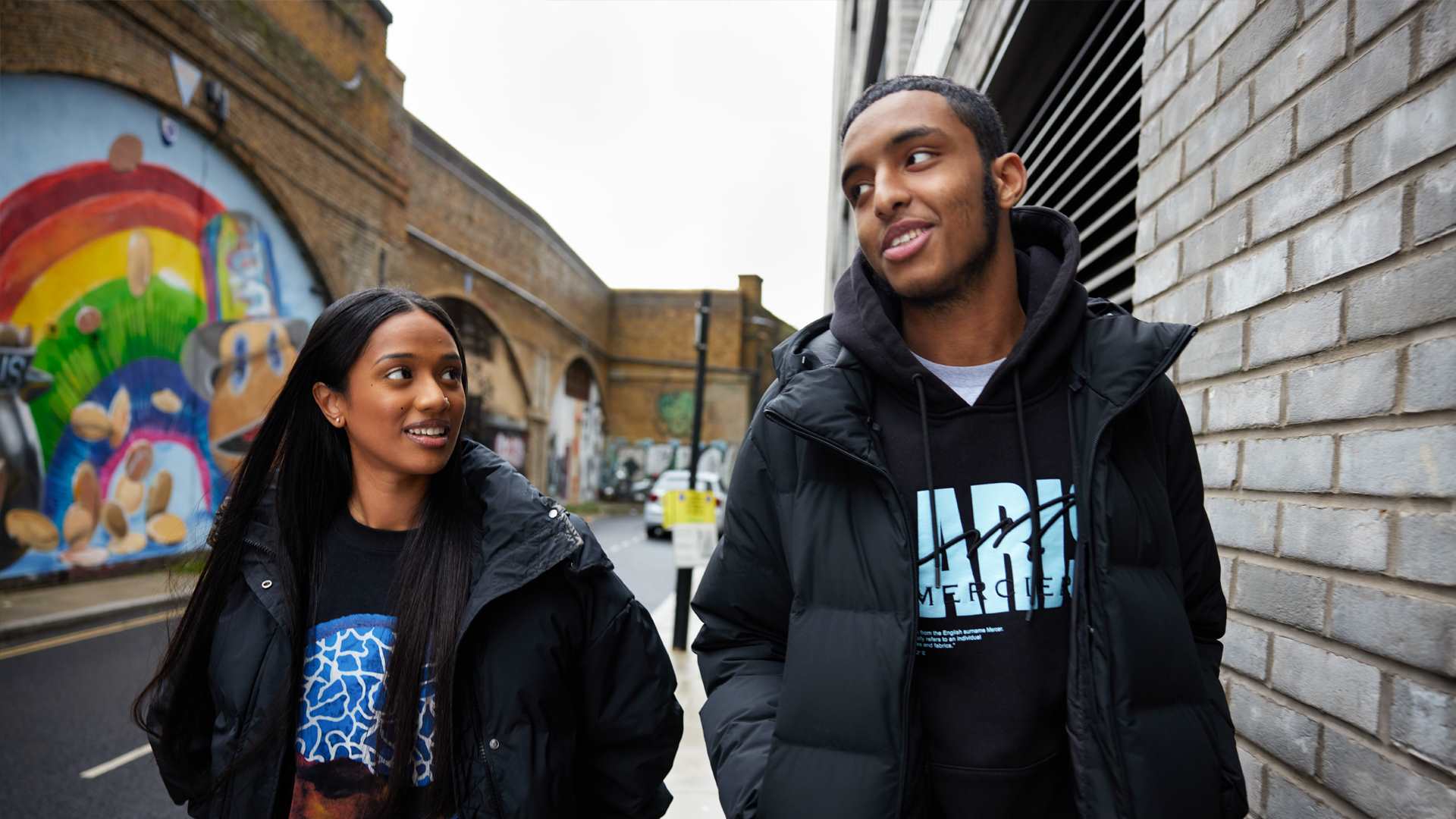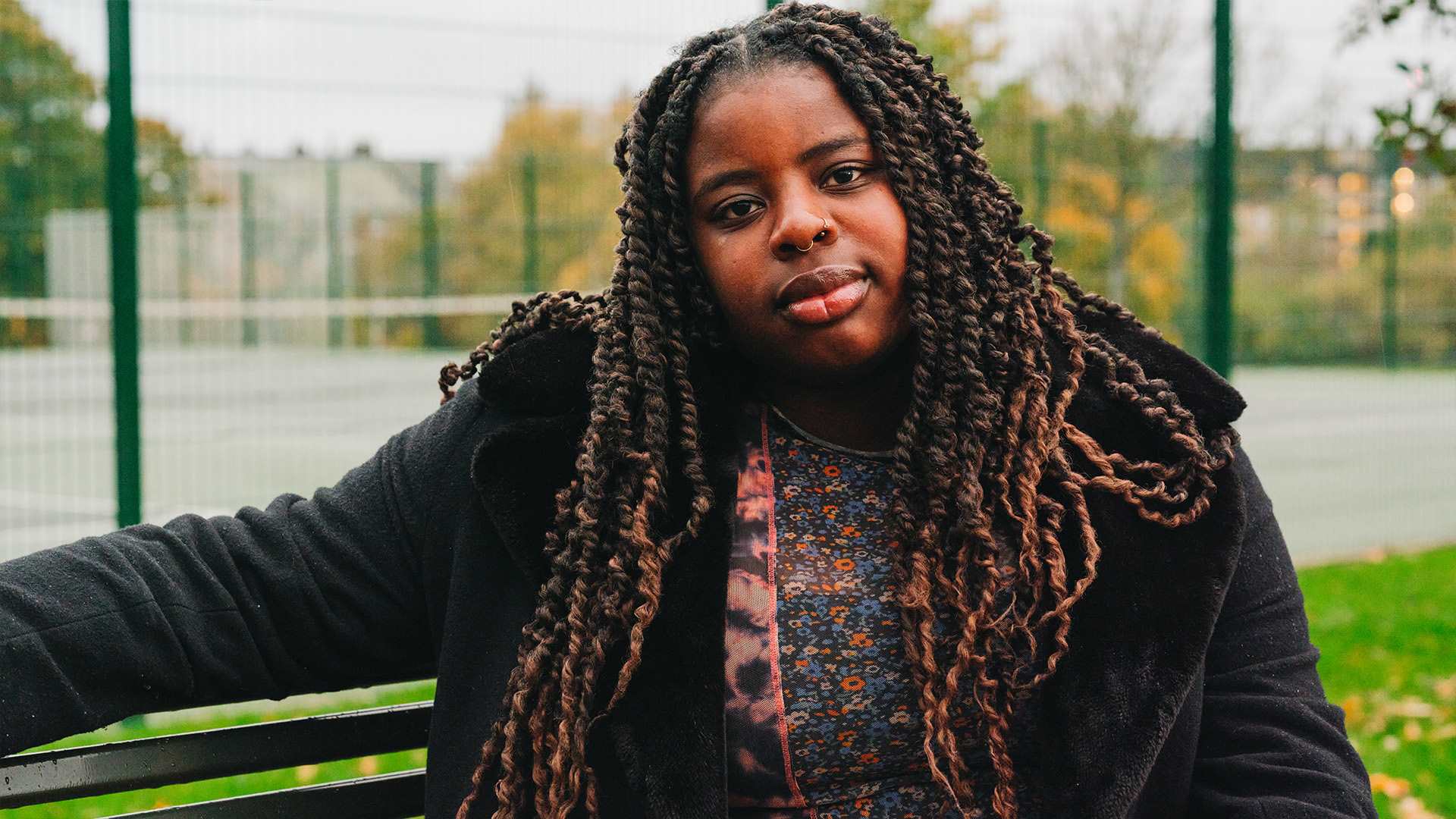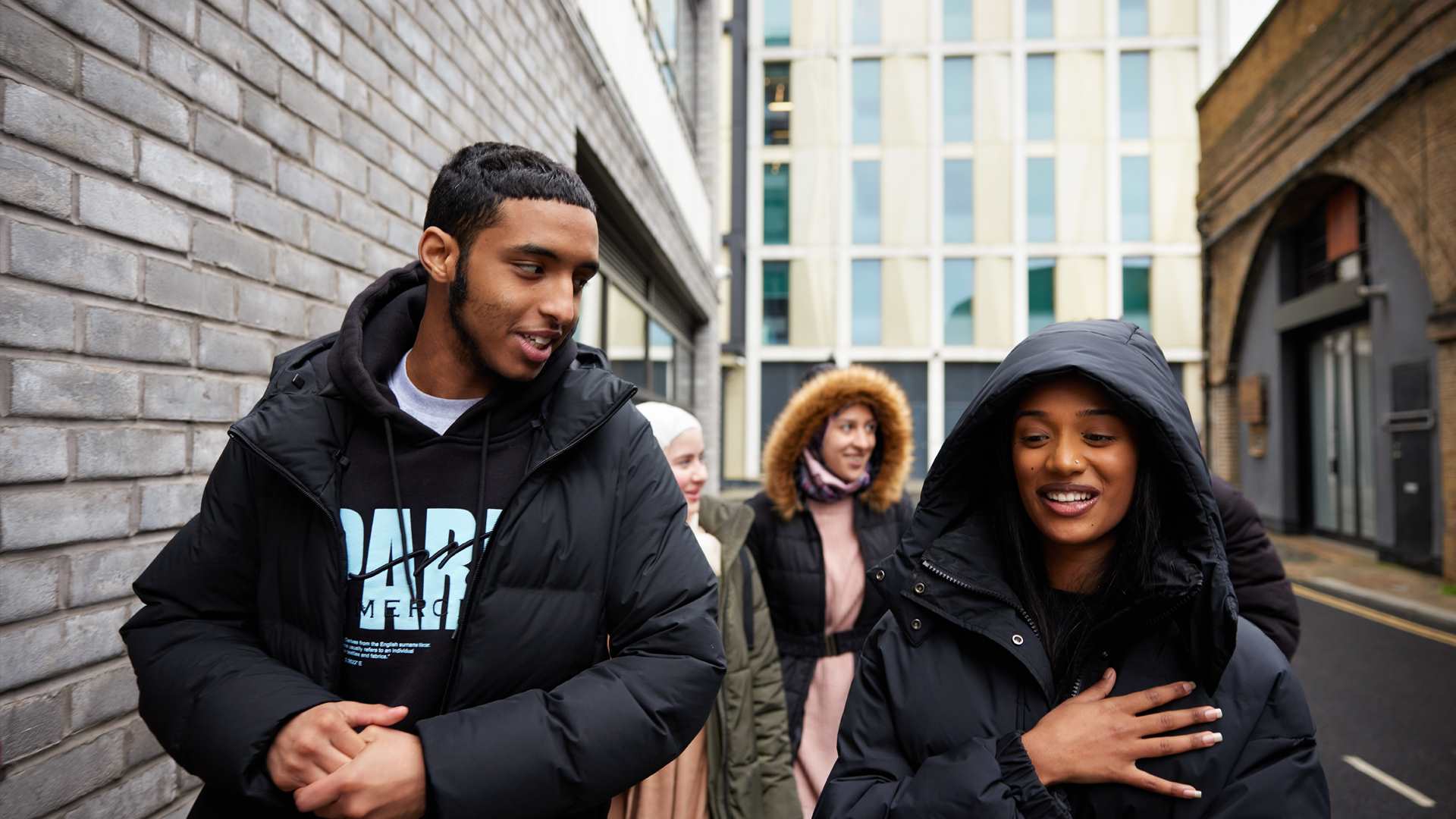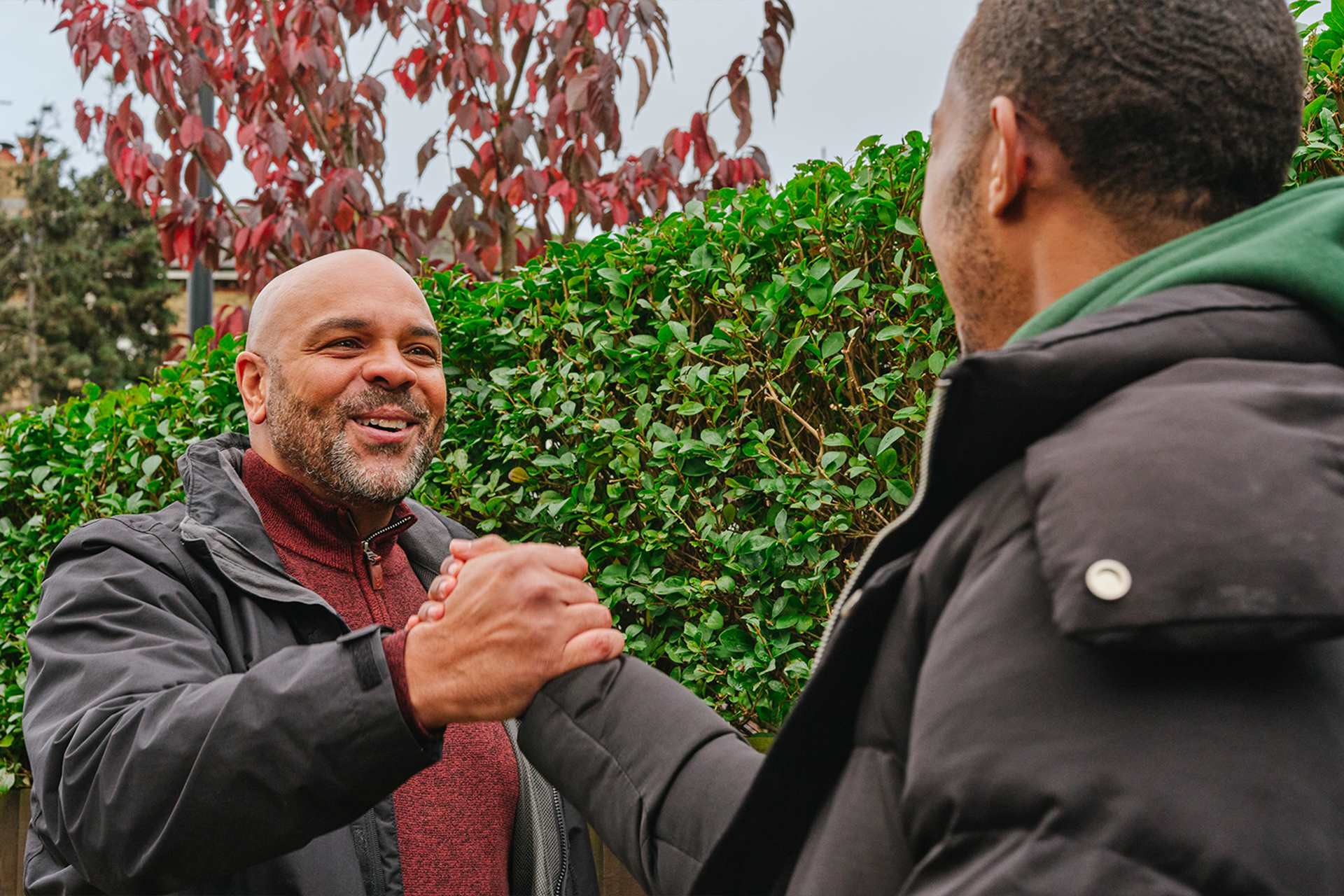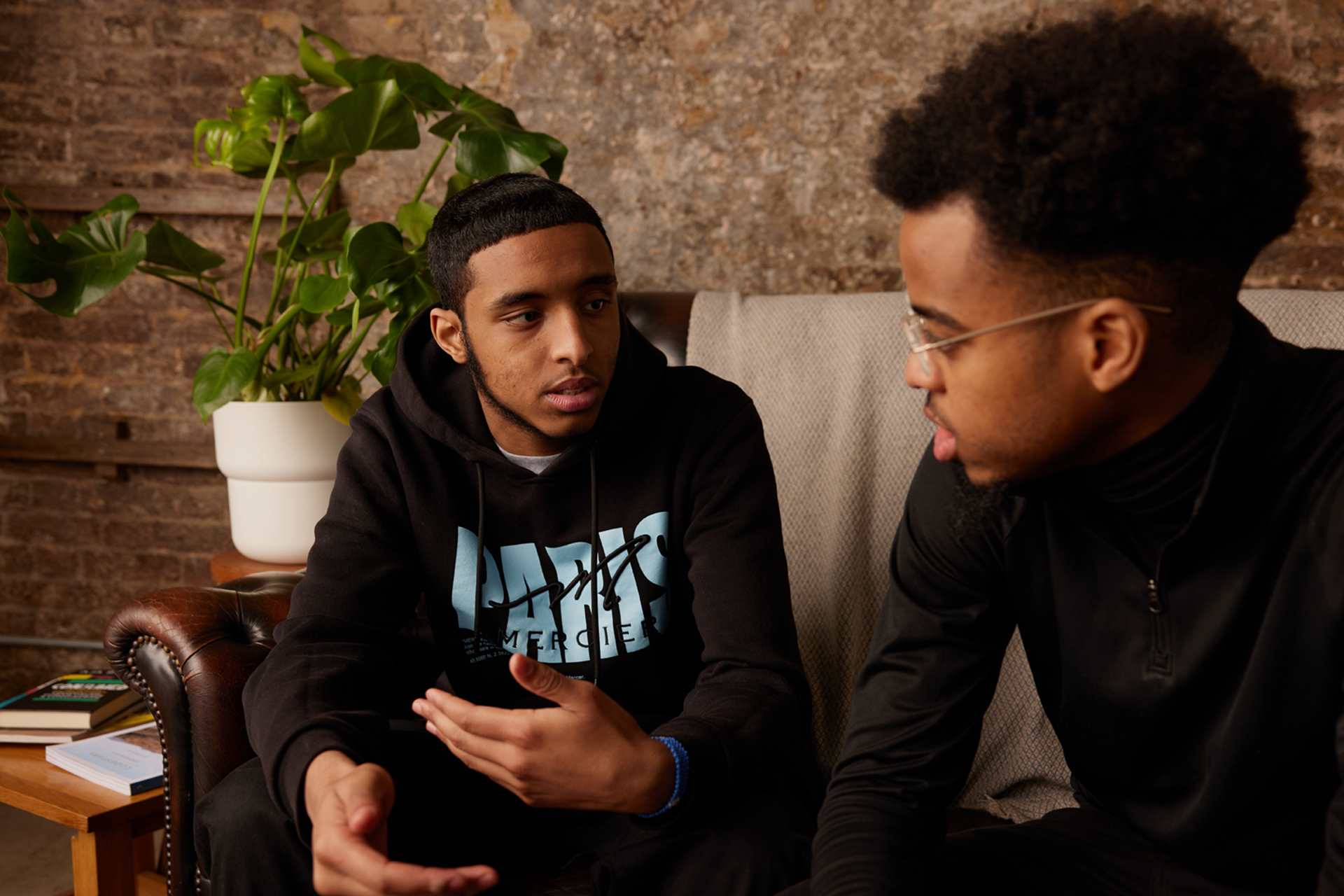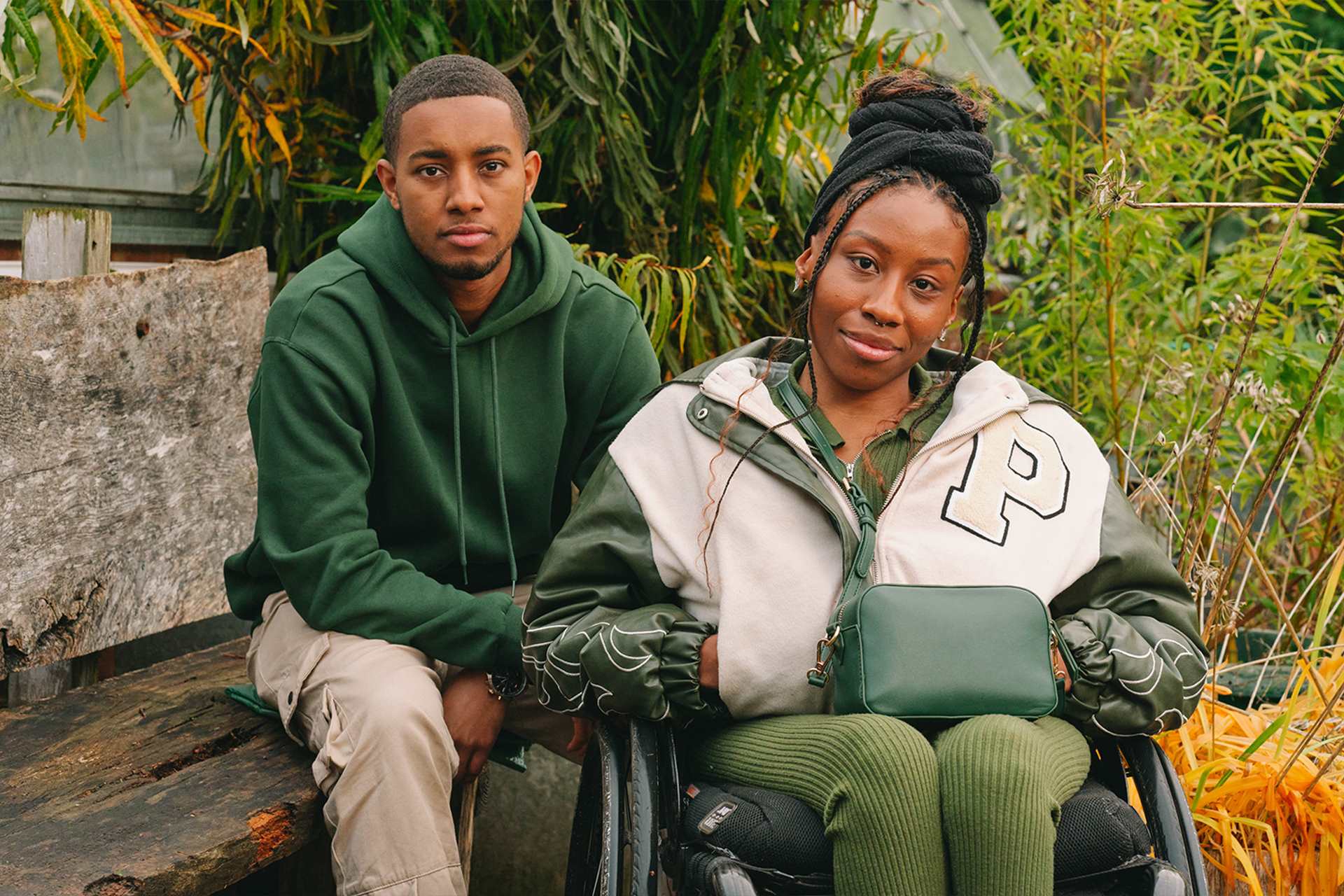Your CAMHS team will usually talk to your parents or carers to understand more about you and your home life. They might also discuss what help CAMHS can offer you or ask your parents to join appointments. This all helps to provide the best support for you.
Having your parents or carers involved can help you to feel more supported. They can help you with things like getting to your appointments, talking to your school and communicating your needs. But you might also be worried about having them involved, especially if you have a difficult relationship with them or are struggling at home.
If you don’t want your parents or carers to come to appointments, let your CAMHS team know. It may be possible to not have them involved, but this depends on your age and the type of support you’re getting. It’s a good idea to ask your CAMHS team what things can be kept private and what things will need to be shared with your parents/carers. That way you can feel more comfortable sharing at appointments.
If your parents aren’t involved, it’s still a good idea to have some support. Speak to a friend, partner or trusted adult about what’s happening at CAMHS so they can help.
